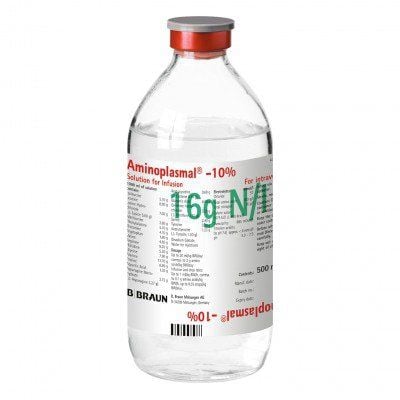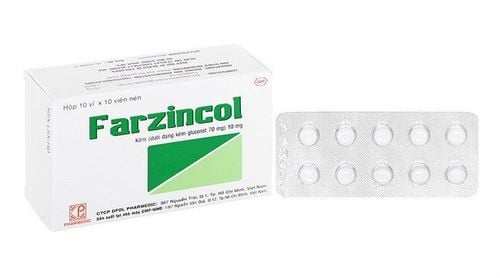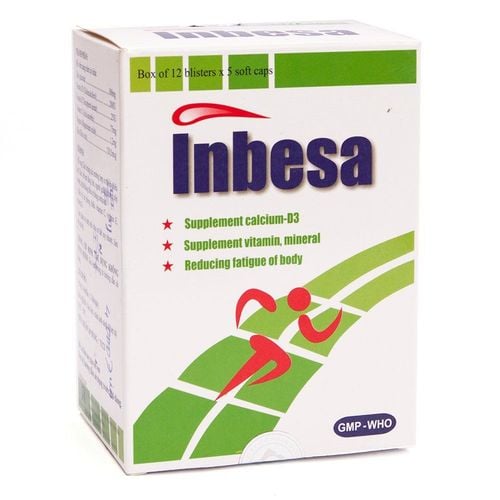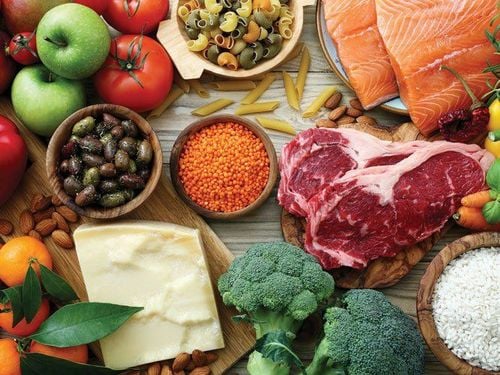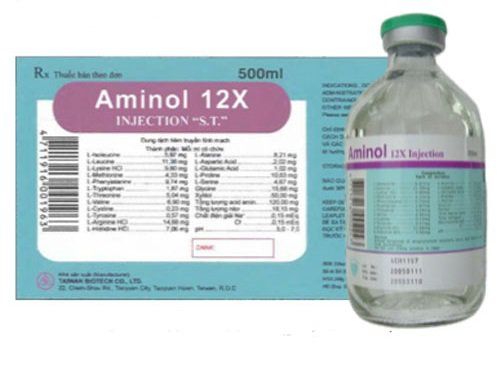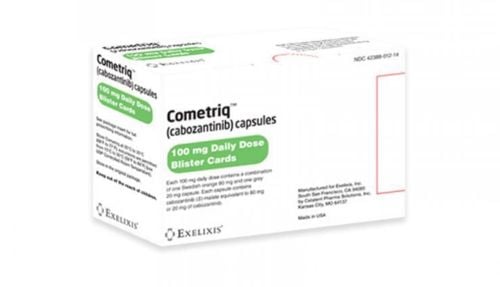This is an automatically translated article.
When you're healthy, eating enough food to get the nutrients and calories you need is usually not a problem. But while being treated for cancer, these things can be difficult to do, especially if you have side effects or don't feel well. So good nutrition is important if you have cancer because both the disease and the treatment can change the way you eat.1. Benefits of nutrition during cancer treatment
During cancer treatment, dietary changes can help promote health, combat the effects of cancer, and the treatment process. This means that you should eat things that are not recommended when you are in good health. For example, you may need high-fat, high-calorie foods to maintain your weight or cool, solid foods like ice cream or milkshakes because sores in your mouth and throat make it difficult to eat. The type of cancer, your treatment, and any side effects you experience must all be considered when trying to figure out the best way to get the nutrition your body needs.Each cancer patient has different nutritional needs. Your cancer care team can help you define your nutritional goals and plan ways to help you achieve them. A cancer treatment diet done in moderation can help you:
Feel better and in better shape. Keep your strength and energy. Maintain your weight and your body's nutrients. Better tolerate treatment-related side effects. Reduce risk factors for infection. Heal wounds and recover faster.
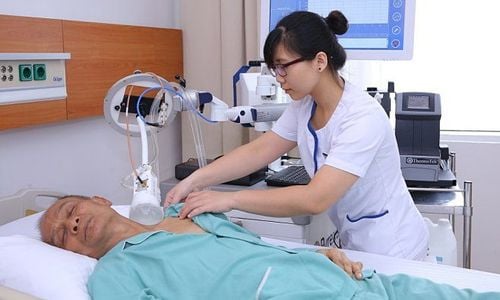
Mỗi người bệnh ung thư sẽ có nhu cầu dinh dưỡng khác nhau
2. Nutritional ingredients in the regimen for cancer patients
Eating right means eating a variety of foods to get all the nutrients your body needs to fight cancer. Nutritional components in a cancer treatment diet will include: protein, fat, carbohydrates, water, vitamins and minerals.2.1. Proteins in proteins can play a role in growth, repair body tissue and keep our immune system healthy. When your body doesn't get enough protein, it can break down muscles to provide the fuel it needs. This makes it longer to heal and may decrease your ability to fight infection. People with cancer often need more protein than usual. After surgery, chemotherapy, or radiation, more protein is often needed to heal tissues and help fight infection.
Good food sources of protein include: fish, poultry, lean red meat, eggs, low-fat dairy products, nuts and avocados, dried beans and soybeans.
2.2. Fat Fat plays an important role in nutrition in providing abundant energy to the body. Fats are broken down by the body and used to store energy, insulate body tissues, and transport certain vitamins through the bloodstream.
When considering the impact of fat on heart and cholesterol levels, choose monounsaturated fats including: olive oil, canola... Polyunsaturated fats are found mainly in : safflower, sunflower, corn, flaxseed and seafood oils...
Saturated fats are mainly found in animal sources such as meat and poultry, whole or reduced fat milk, cheese and butter. Some vegetable oils such as: coconut, palm kernel oil and palm oil are saturated. Saturated fat can be a risk factor for high cholesterol and an increased risk of heart disease. Therefore, in food for people undergoing cancer treatment should contain less than 10% of calories from saturated fat.
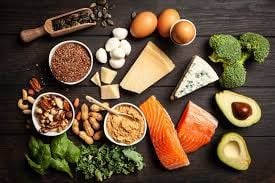
Trong thức ăn cho người điều trị ung thư nên chứa ít hơn 10% lượng calo từ chất béo bão hoà
Fiber is the part of plant foods that cannot be digested by the body. Insoluble fiber helps move food waste out of the body quickly, and soluble fiber binds water in stools to help soften stools.
2.4. Water Water and fluids play a role in helping reactions in the body work properly, so water is very important for health. The body becomes dehydrated if things like: you don't get enough fluids or you lose fluids due to vomiting or diarrhea. You need to get water from foods, but a person should drink about 8 glasses of fluid a day to ensure that all the body cells are getting enough of their fluid needs.
2.5. Vitamins and minerals Your body needs vitamins and minerals to help it function properly and use the energy (calories) in food. These compounds are commonly found in foods naturally. If you eat a balanced diet with enough calories and protein, you'll usually get plenty of vitamins and minerals. But when it comes to cancer treatment, the ability to eat a well-balanced diet can be difficult, especially if you have side effects from your treatment.
2.6 Antioxidants Antioxidants include vitamins A, C and E, selenium and zinc, and several enzymes that absorb and attach to free radicals, preventing them from attacking normal cells. This compound is found in many fruits and vegetables.
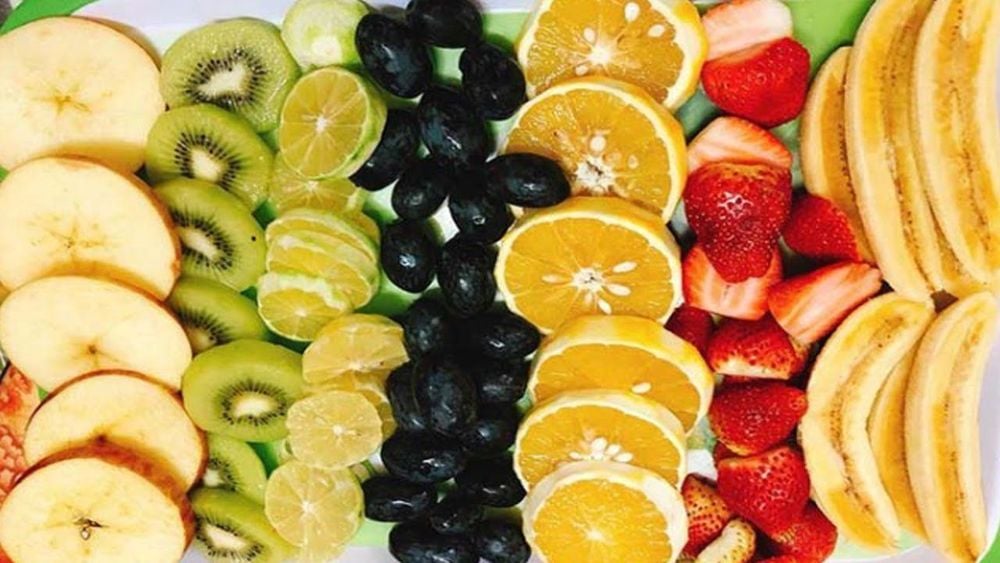
Hợp chất chống oxy hoá như vitamin A, vitamin C, vitamin E, selen và kẽm có nhiều trong các loại trái cây và rau quả
2.8 Herbs Herbs have been used to treat ailments for hundreds of years, with mixed results. Herbs are found in many products such as pills, liquid extracts, teas, etc. Many of these products are harmless and safe to use, but others can cause harmful effects. harmful side effects. Some may even interfere with proven cancer treatments and recovery from surgery.
Any questions that need to be answered by a specialist doctor as well as customers wishing to be examined and treated at Vinmec International General Hospital, please contact the Website for the best service.
Please dial HOTLINE for more information or register for an appointment HERE. Download MyVinmec app to make appointments faster and to manage your bookings easily.
Reference source: cancer.org



